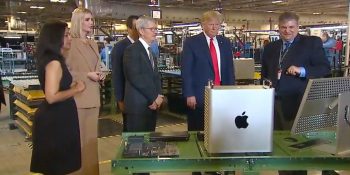
Google launches Document AI suite of parsing and processing tools in preview

Analysis
MediaTek wants to help education-focused tablet makers beat the iPad

Alphabet’s Project Amber uses AI to try to diagnose depression from brain waves

Apple announces November 10 One More Thing event for ARM-based Macs

Moment repurposes Apple’s MagSafe to turn iPhone 12s into pro cameras

Spatial gives enterprises free access to holographic AR/VR meeting app
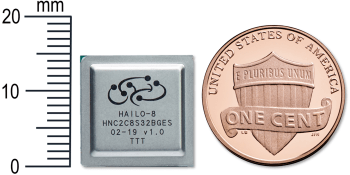
VB Live
Hailo partners with Foxconn to build edge device for AI inference
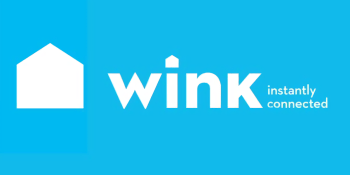
Smart device maker Wink demands customers pay up or lose features
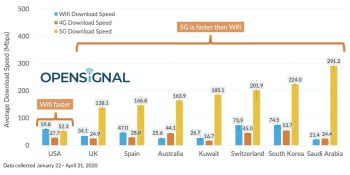
Opensignal: U.S. lags behind 7 leading 5G countries in download speeds

GitHub launches Codespaces for browser-based coding

Ring’s new $99 Video Doorbell takes snapshots throughout the day

Luminar will supply lidar for Volvo’s driverless vehicle platform
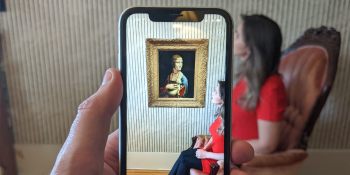
Cuseum debuts Museum From Home AR experience for closed art galleries

Analysis
Before Intel’s $900 million bid, Moovit wanted to raise more money — then the pandemic hit
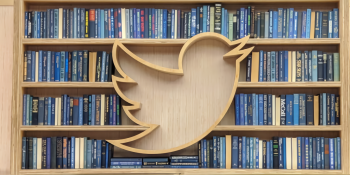
Twitter will warn you if your tweet reply might be offensive

LetsGetChecked raises $71 million for at-home coronavirus test kits
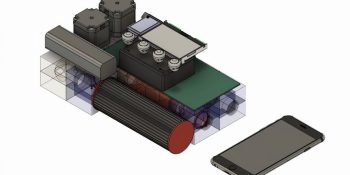
Carnegie Mellon and University of Pittsburgh develop low-cost, modular ICU ventilator

Apple’s virtual WWDC20 will begin on June 22
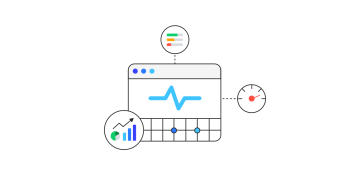
Google announces Web Vitals, user experience and performance metrics for websites

Open RAN Policy Coalition unites 31 tech companies to lobby U.S. on 5G

Firefox 76 arrives with password management and Zoom improvements

Omilia raises $20 million for AI customer service chatbots

Back Market raises $120 million to grow refurbished gadget market

IBM’s Watson AIOps automates IT anomaly detection and remediation
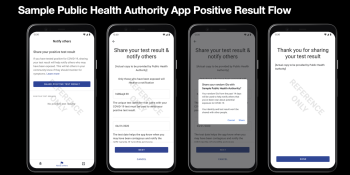
Apple and Google prohibit location tracking in new contact tracing guidelines

Intel acquires urban mobility startup Moovit for $900 million
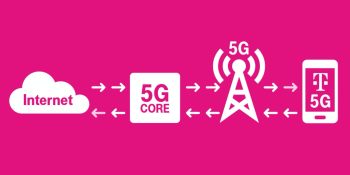
T-Mobile touts standalone 5G firsts with top modem and network vendors

Apple’s 13-inch MacBook Pro adds Magic Keyboard, 10th-gen Intel CPUs
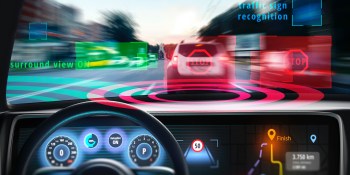
Partner Content
Data storage and AI are driving the evolution of autonomous cars
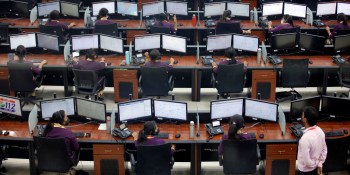
India orders coronavirus tracing app for all public and private sector employees

Tesla tumbles after Musk tweets that stock is too high

Analysis
Here’s why an affordable 5G iPhone is the only right move for Apple
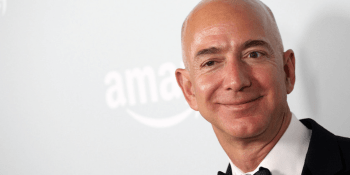
U.S. Congress calls on Jeff Bezos to testify over Amazon’s ‘misleading’ seller data statements

How mobility data could help governments track lockdown compliance
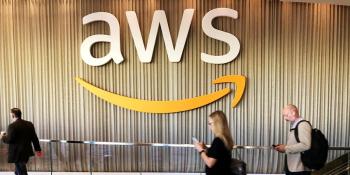
Canalys: Cloud spending hit record $31 billion in Q1 2020, but growth continues to slow
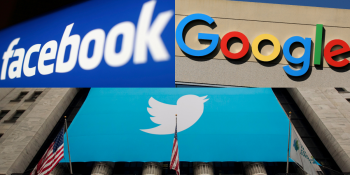
Google and Facebook: Digital ad market is avoiding coronavirus disaster

Apple: Coronavirus hurt Q2 2020 earnings, but teams rose to challenges
